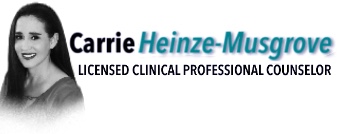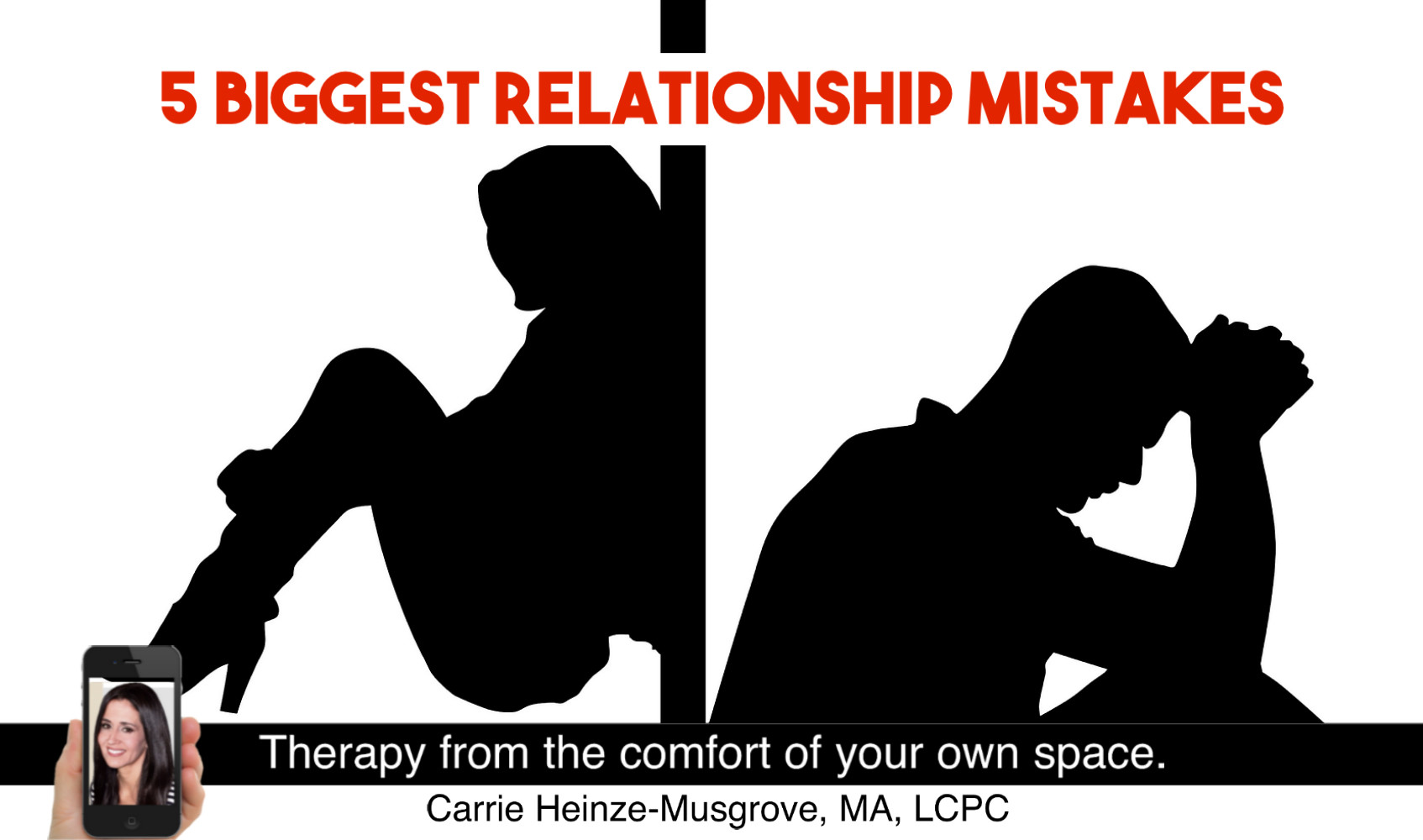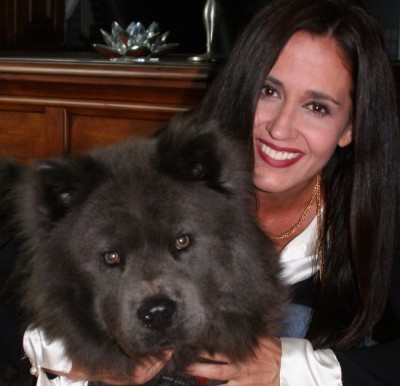If you had to repeat the last 6 months of your relationship, would you? Are you trying to make your new relationship work? Are you going through a bad phase? How long does it take you to recover after an argument? Are you looking to avoid repeating your past mistakes?
Healthy relationships require a certain amount of effort and understanding. Relationships can be tricky and they all come with challenges. It seems that as hard as it is to find a partner, it is even easier to make mistakes that lead to losing them.
Here are tips for avoiding the five biggest mistakes that couples make:
MISTAKE #1 Believing your partner is a mind reader.
This is one of the most serious mistakes people make in relationships. Many people falsely believe that “if he/she really loved me, I wouldn’t have to ask for what I need.”
Without clearly communicating anything, he or she should be able to read my mind and give me what I need. I am not responsible for asking for it and in fact, it is not necessary, because he or she “should know”.
This reasoning is dangerous. Not only is it necessary to know what you want, and to be able to clearly communicate it, it is also essential to use those responses and reactions as information in regards to your relationship.
MISTAKE #2 Saying “nothing is wrong,” when in fact something is clearly wrong.
Some issues seem so obvious to you that you cannot imagine your partner not getting it. Some issues have been discussed ad nauseam. Some things just aren’t worth the continued effort or fight.
Maybe you’re a people-pleaser and you don’t want anyone mad at you. So rather than discussing the problem, you stay silent and sulk. You ruminate about how they don’t seem to care that you are upset.
It is easier and much less painful to say “nothing” when asked, “what’s wrong?” It’s a quick fix, but the problem remains. You stay angry and resentful or you sweep it under the rug and inevitably it presents itself again and again, days, weeks or months later.
Although it can be tempting to sweep it all under the rug, the flaw with this plan is that the problems collect and multiply. This will ultimately end up in an explosive argument, or a parting of ways with the other person baffled as to what went wrong.
MISTAKE #3 Falling in love with someone’s potential in effort to change him or her.
Do you really hope your partner will change? Do you find yourself taking on the responsibility for other people’s transformation? Do you get annoyed when you see someone you care about not living up to the potential you see in them? Do you try to turn someone into your “project” that you’re going to fix?
A lot of people confuse the concept of compromise with that of change. Compromise involves two people meeting in the middle when it comes to their differences, which is necessary. Change involves one person asking the other to be someone they’re not, which is impossible.
It’s not our job or our right to change anyone, including our partner. People want to be seen, heard and appreciated for who they are. At best, unrequested suggestions to change are unwelcome. At worst, they’re insulting and undermining.
People change when they are ready to change. Although we may inspire fragments of their transformation, ultimately it is up to them. It is more loving to give someone the dignity of their own process instead of trying to try to change them.
Instead of believing your love is a magic potion that will save or transform your partner, start looking at yourself. We all have things we can change about ourselves for the better. Your energy is much better channeled into helping yourself become a better person instead of forcing it upon others.
MISTAKE #4 Not feeling good enough for someone else.
Do you think you’re not good enough for this amazing person? Do you feel they deserve so much better than what you have to offer? Do you believe they are wrong in choosing you?
Many people feel they’re not “good enough”. They feel they have to bend over backwards to keep someone’s love. They consider themselves lucky just to be in their partner’s presence, let alone a relationship.
People making this mistake worry that their partner will find who they really are and run for the hills. The problem with this is they expect rejection, and subconsciously do little things to bring it about. On the other hand, people will tolerate incredibly inappropriate behaviors because they feel lucky just to be with them.
Feelings of insecurity in relationships mainly result from not being sure of one’s self, looks or anything else a person considers important. If you don’t feel that you are good enough for your partner you always think that they will be looking for someone to replace you. Therapy helps improve self-image and builds self-confidence.
MISTAKE #5 You would rather be right than happy.
One of the most damaging things we can do is allow our need to be right become a driving force in our relationships. Not only do we need to be right, we need to make the other person be or feel wrong. Many of us care so much about being right that we don’t even think about whether it is the best course of action.
What are the costs of being right? We come across as a know-it-all, which alienates people. We close ourselves off. We isolate ourselves. We turn away connectedness and love. We become an island unto ourselves.
As a therapist, I often ask people, would you rather be right or happy? Although nearly everyone says they’d rather be happy, they mindlessly choose to win the argument at the cost of damaging the relationship.
Take a moment and reflect on your relationships. How often does the “I’m right, you’re wrong” dynamic play out in your day-to-day life?
Mutual respect is vital for a lasting healthy relationship. If you find yourself constantly having to win or be right all the time, STOP. Ask yourself, how important is this? Is this worth making my partner lose? How will this affect my relationship? Can I choose to be happy rather than right?
If you are guilty of one or more of these five mistakes, don’t panic. All relationships involve learning and growing. Recognize where you can make improvements and then get to work.
If you want to improve your relationships consider therapy. It will help you identify problems of past relationships and learn skills to improve current relationships. Working on yourself—even without your partner—can be a powerful first step. There is a lot you can accomplish with your therapist regarding how YOU live in the relationship.
As you begin to make changes, your partner’s behavior will change as well. A lot of things can change even if you are the only one who seeks help.
Carrie






